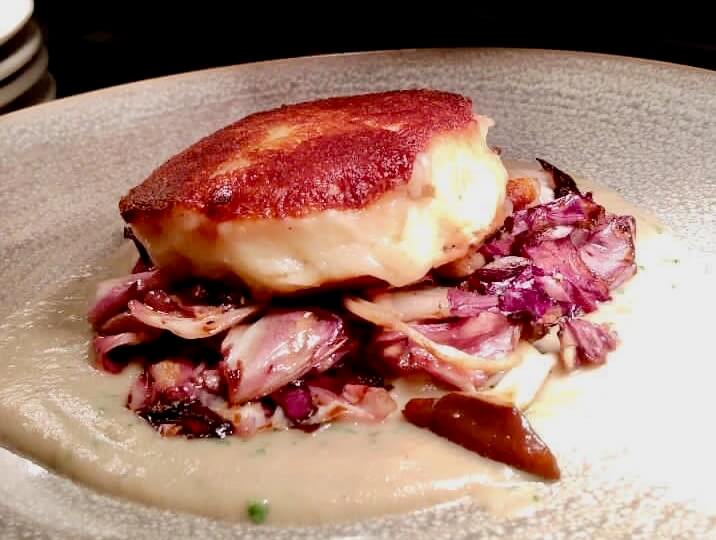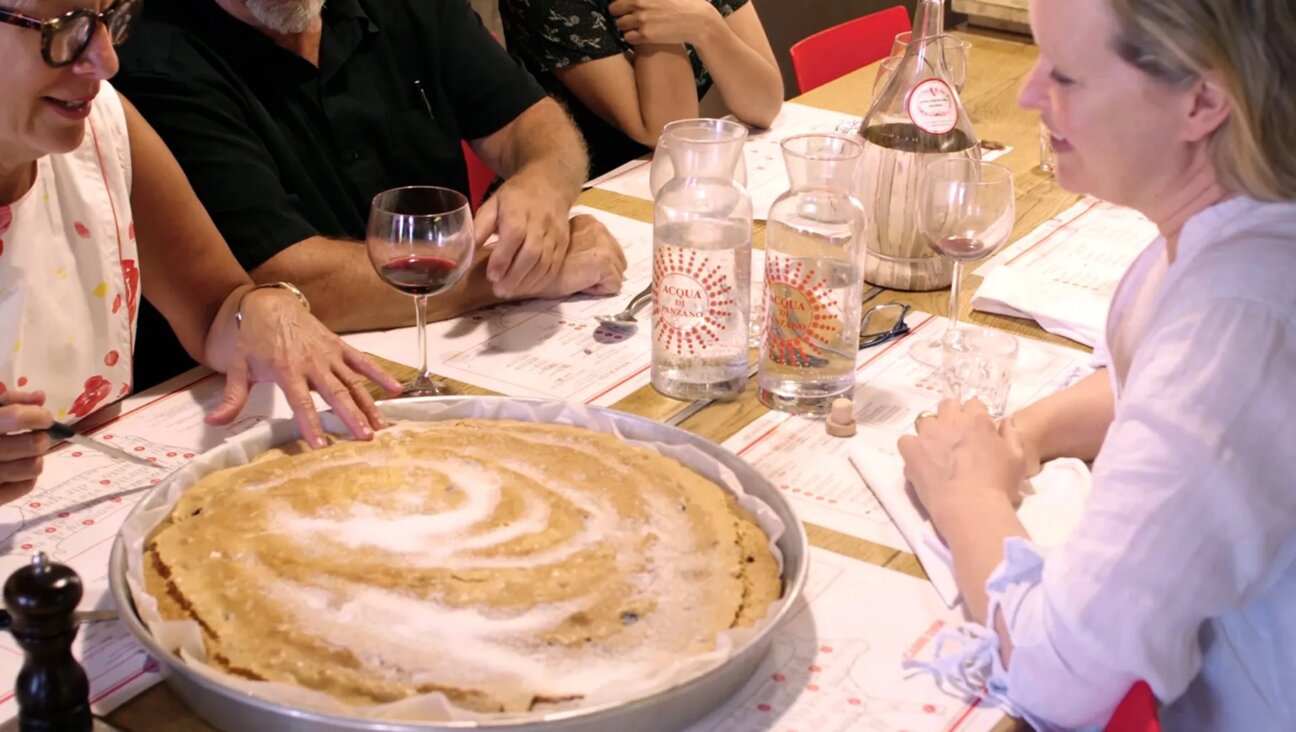Shabbat Meals in Vienna: The Emperor’s Embarrassment

Image by wikicommons
When I started grammar school in my hometown of Vienna at the age of ten, Christian religion classes were part of the schedule. As a Jew, I was allowed to opt out and spend the two hours a week doing my homework in the school cafeteria. This peace only lasted a few weeks into the school year — until the religion teacher asked if I wanted to hold a presentation on Jewish holidays and practices for her class.
I was the only Jewish kid in a year of 70 students, and one out of a handful in a school of roughly 400 10- to 18-year-olds. I was proud of my family’s history, being a grandchild of four Holocaust survivors who managed to make peace with the nation that persecuted them. I felt special to be part of a minority. In my juvenile idealism I also had the strong need to lecture my pre-pubescent classmates, who I hardly knew at that point, about the diversity of religious beliefs in the world and the universal message of tolerance. I saw the presentation as an opportunity to gain school-wide fame as the Jewish Mahatma Gandhi.
There was only one problem: I didn’t actually know very much about my religion. The experiences of my grandparents had left them — to put it mildly — disillusioned with religious belief. My parents didn’t connect much with tradition, either. The high holidays and Shabbat were celebrated in a secular fashion. The whole family came together for dinner most nights anyways, so Fridays really weren’t that different. There were candles and blessings and wine and the occasional yarmulke, but I was usually more occupied with arguing with my cousins and indulging in the copious amounts of mostly Austrian food like beef broth soups with noodles and goulash.
Dessert was always the most important part of dinner for me. We would have traditionally Austrian sweets, such as Apfelstrudel or Kaiserschmarrn, especially when relatives came to visit from abroad.
I only really noticed how little of an impression the ceremonial part of Shabbat I had when I stood in front of my school year’s Christian religion class one morning. I was slightly intimidated by the teacher, a middle-aged woman with a squeaky voice that seemed to be at a total mismatch with her opulent bodily features. I still managed to somewhat gracefully stumble through the stories of Passover, Purim and Hanukkah. And I had just delivered what I thought was an extremely witty comparison, explaining to my fellow students that “our Sunday”, commonly referred to as Shabbat, was actually “their Saturday”, when the teacher interjected: “Tell us, Anna,” she said. “Who lights the Shabbat candles at your home?”
Flustered by the interruption, I hesitated, trying to remember who handled the candles during our loud and chaotic Shabbat dinners. I was pretty sure that I had seen my aunt, who was the head of the household, do it several times. But always? My mind was blank. I felt the menacing silence of the class like an army of angry Maccabeans, ready to attack me as the person who piqued the honor of the Jewish people.
Then I remembered that I had wanted my speech to carry a message of tolerance that would turn me into a memorable preacher of peace. So I had an idea. I turned to the teacher: “We are being really fair about the Shabbat candles,” I said. “Everybody gets a turn.”
I was so relieved to have found what I thought was a congenial answer that I barely registered how the teacher shifted around uncomfortably. I only realized much later that she was in search for an appropriate reply because she didn’t want to correct me in front of an entire class of fidgety ten-year-olds. At the same time, though, she had to teach the class the correct answer. “From what I know,” she finally managed to say, speaking slowly and putting special emphasis on the “I”, “it’s usually the woman who lights them.” She added: “So your family must be different.”
I like to bury the memory of embarrassing moments in heaps of my favorite Austrian dessert, Kaiserschmarrn (the literal translation being “emperor’s mishmash”, also known as “Austrian pancakes”).
Kaiserschmarrn
2 eggs 1 cup milk
1 cup all-purpose flour
at least ½ cup raisins
2 tbsp butter
at least ½ cup refined sugar
a pinch of salt
plum preserve, apple or lingonberry sauce
1) Wash and drain raisins.
2) Separate eggs.
3) In a mixing bowl, beat together egg yolks, milk, flour and salt until the batter is smooth, like a thick soup.
4) In a separate bowl, beat egg whites until stiff.
5) Fold egg whites into mixture.
6) Place a medium-sized skillet on medium heat and melt butter. Pour batter until it covers the pan and is half an inch high (like a thick pancake), sprinkle ¼ cup of raisins (or more) and cover.
7) After about five minutes, when it has set and the bottom is golden brown, use two forks to tear pancake into four pieces. Then flip. Add ¼ cup of refined sugar (or more).
8) When both sides of the pancake are golden brown, tear into smaller pieces and serve with plum preserve or apple sauce. Repeat with the rest of the batter. Sprinkle with sugar, if desired. Serves four.

I hope you appreciated this article. Before you go, I’d like to ask you to please support the Forward’s award-winning journalism this Passover.
In this age of misinformation, our work is needed like never before. We report on the news that matters most to American Jews, driven by truth, not ideology.
At a time when newsrooms are closing or cutting back, the Forward has removed its paywall. That means for the first time in our 126-year history, Forward journalism is free to everyone, everywhere. With an ongoing war, rising antisemitism, and a flood of disinformation that may affect the upcoming election, we believe that free and open access to Jewish journalism is imperative.
Readers like you make it all possible. Right now, we’re in the middle of our Passover Pledge Drive and we need 500 people to step up and make a gift to sustain our trustworthy, independent journalism.
Make a gift of any size and become a Forward member today. You’ll support our mission to tell the American Jewish story fully and fairly.
— Rachel Fishman Feddersen, Publisher and CEO
Join our mission to tell the Jewish story fully and fairly.
Our Goal: 500 gifts during our Passover Pledge Drive!

























